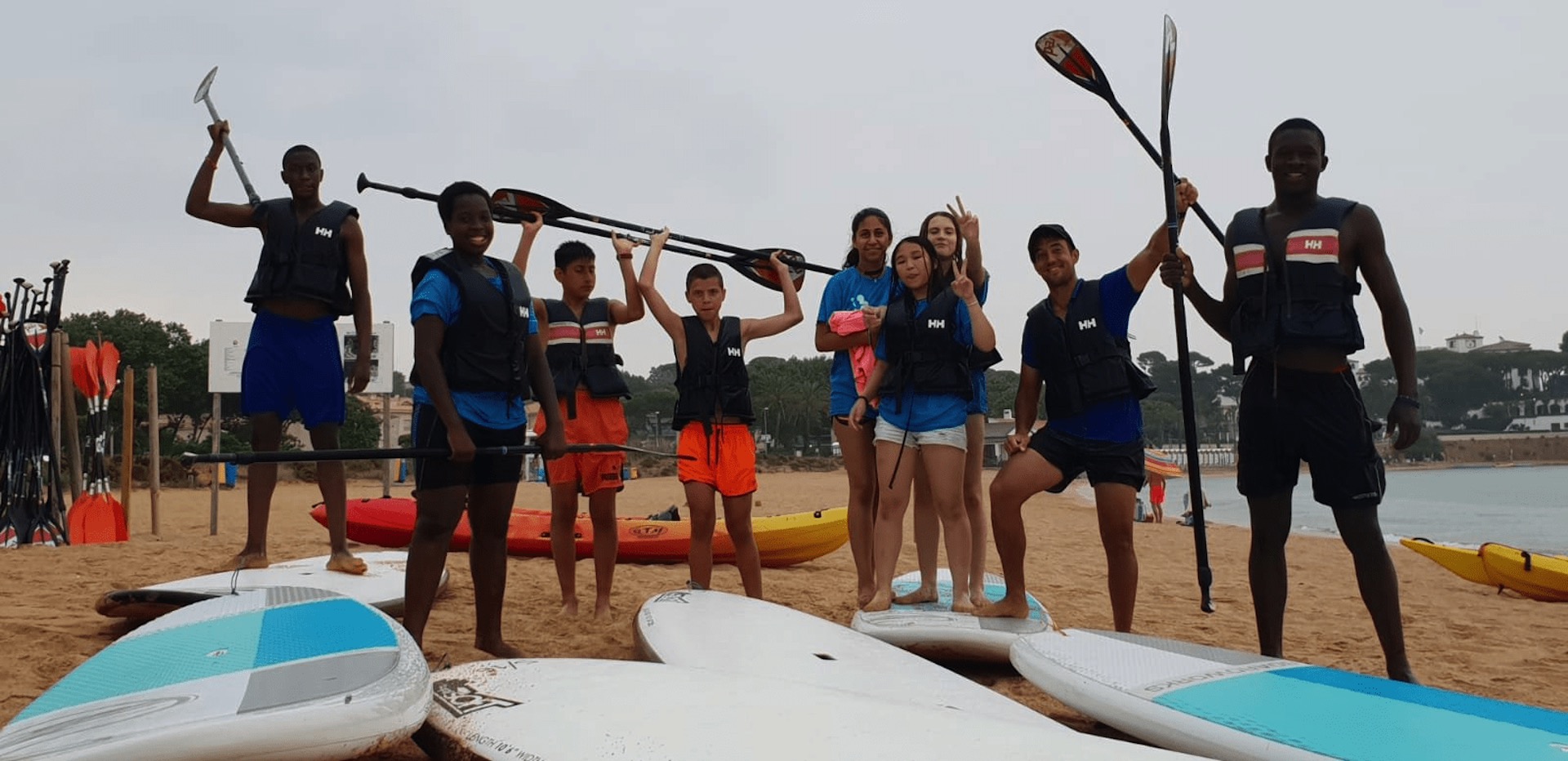Social Inclusion Methodology in
A METHODOLOGICAL APPROACH
IDENTIFIED through:
- bibliographic research on the integration processes focused on sport and on the characteristics and difficulties of integration of foreigners in the chosen contexts;
- interviews with stakeholders;
- the analysis of good practices existing at the European level and promoted by the project partners;
- a survey of the experiences and training needs of coaches;
- a sustainability forms research;
TESTED AND EVALUATED by project partners in different contests for the geographic localization and the critical types:
- in Italy, with immigrants that are in the prison of Bologna, which is characterized by a high percentage of immigrants;
- in Slovenia, with second-generation immigrants coming from the countries of the ex-Yugoslavia;
- in Germany, with political refugees (immigrants that already have or are waiting for that status);
- in Greece, with immigrants that live in the refugee’s camps or temporary accommodations;
- in Spain, with immigrants (mostly second generation) coming from Africa and from eastern Europe that live in a vulnerable neighbourhood in Banyoles city;
- in Denmark, with new immigrants looking for politic asylum in a country with a low migrants’ flow and, even for this reason, more efficient integration actions. From this, higher expectations for the inclusion point of view;
DIVULGED to strengthen the competencies of the sports operators and, by doing so, promote the propagation of the inclusiveness initiatives towards immigrants in the critical area.
ACTIVITIES
RESEARCH ACTIVITIES
- Bibliographic analysis;
- Stakeholders’ interviews;
- Case studies analysis;
- Survey of coaches’ needs;
- Drafting the methodological approach;
- Sustainability analysis;
IMPLEMENTATION OF THE METHODOLOGICAL APPROACH
- Implementation of the methodological approach through local activities in different contexts.
- Finalization of the methodological approach and development of the web-based Tool Kit.
The project’s activities will see:
- transnational coordination meetings;
- local piloting activities;
- dissemination workshops.
From January 2020 to December 2021 extended to December 2022


